RAHUL KOHLI: Oh, thank you.
Well, one of them is gone for good now.
Before that, it was always good.
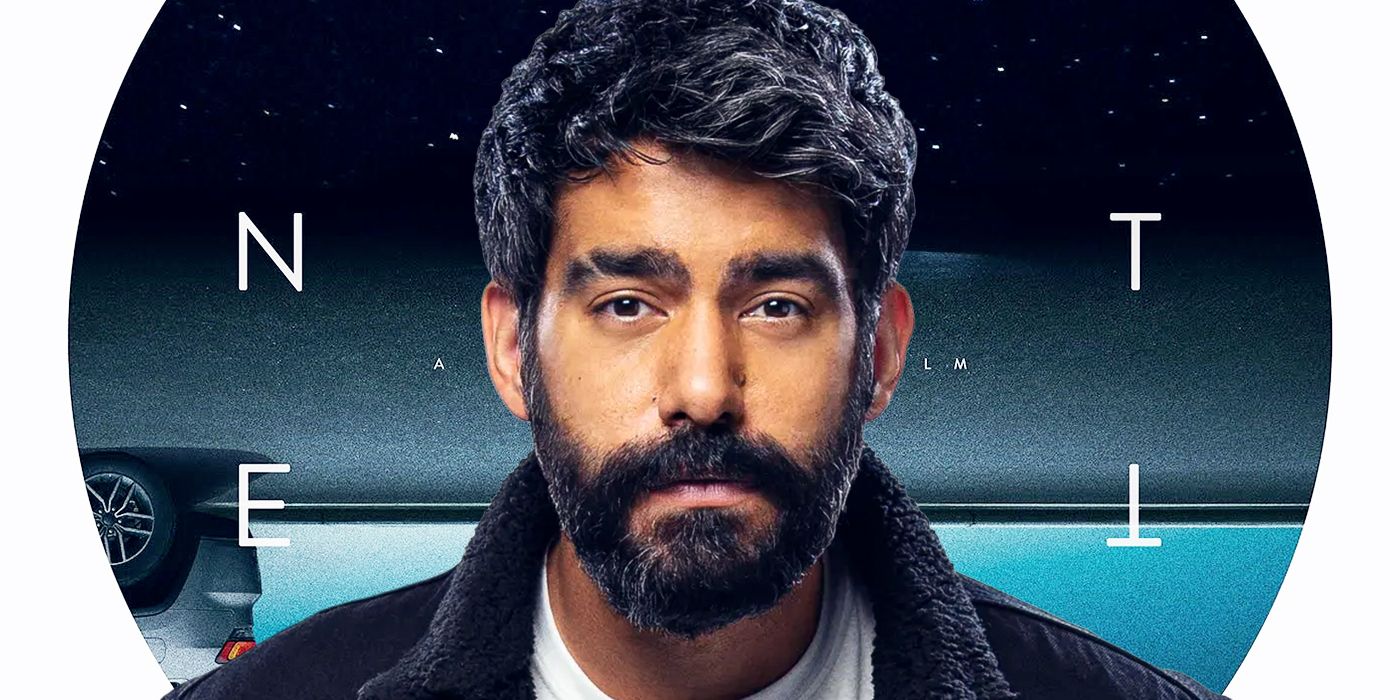
KOHLI: Not for me.
I’m very happy.
My mental health and happiness is going that way since getting off Twitter.
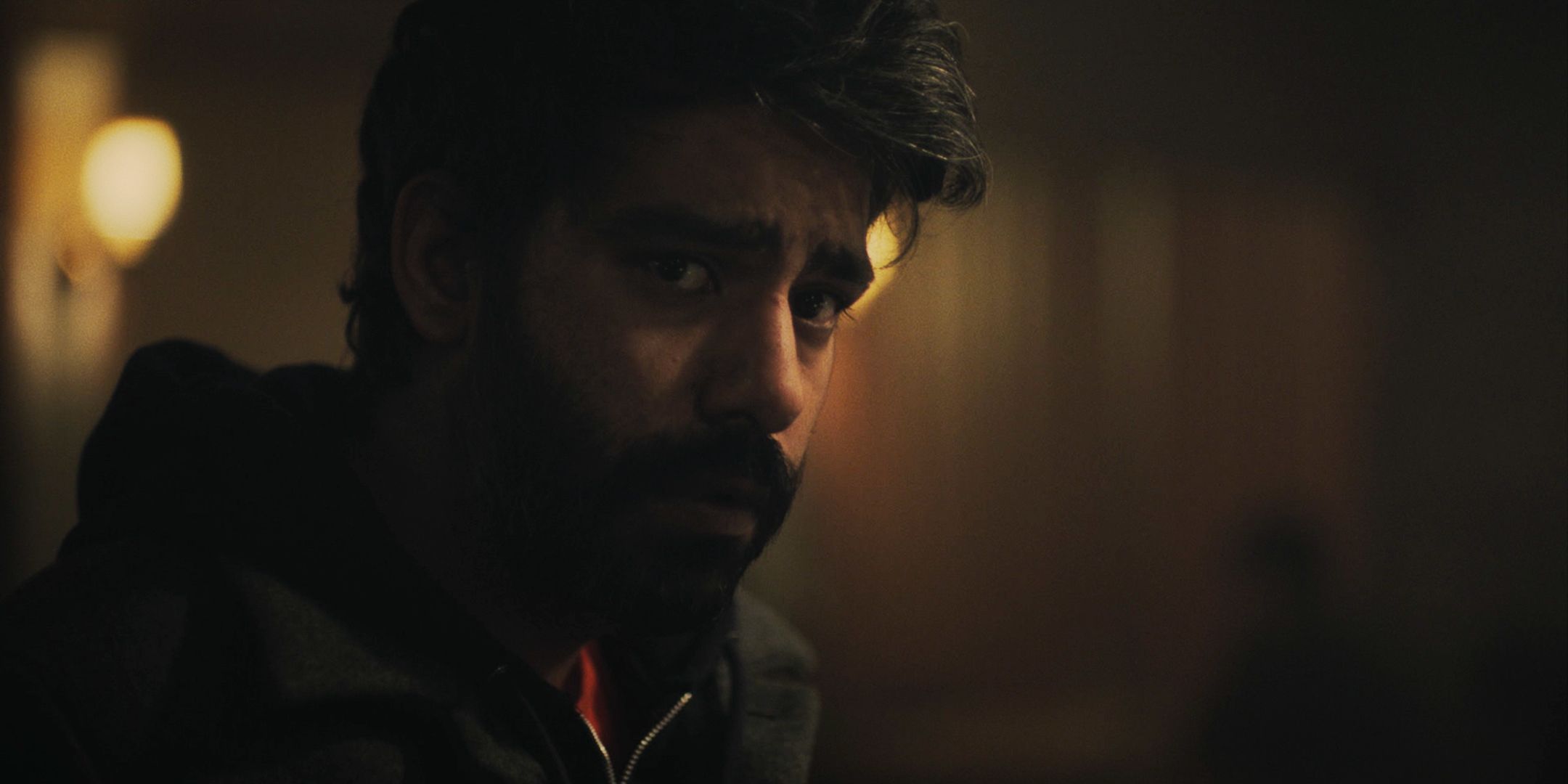
Image via No Traffic for Ghosts
But it is a shame.
KOHLI: It’s true, it’s true.
And I was like, “I’m good.
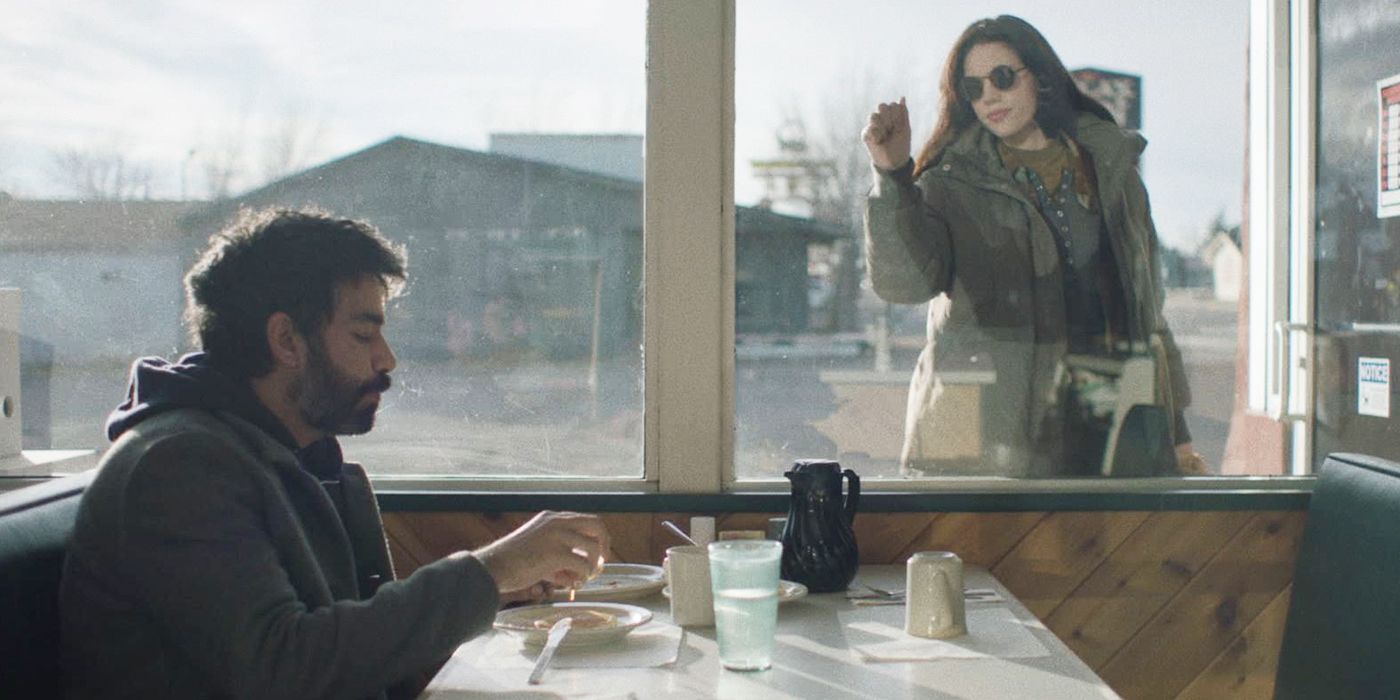
Image via No Traffic for Ghosts
So what is it like for you as an actor getting to explore these really volatile emotions?
Specifically thinking about the bar scene, for instance.
There are so many emotions built into that.
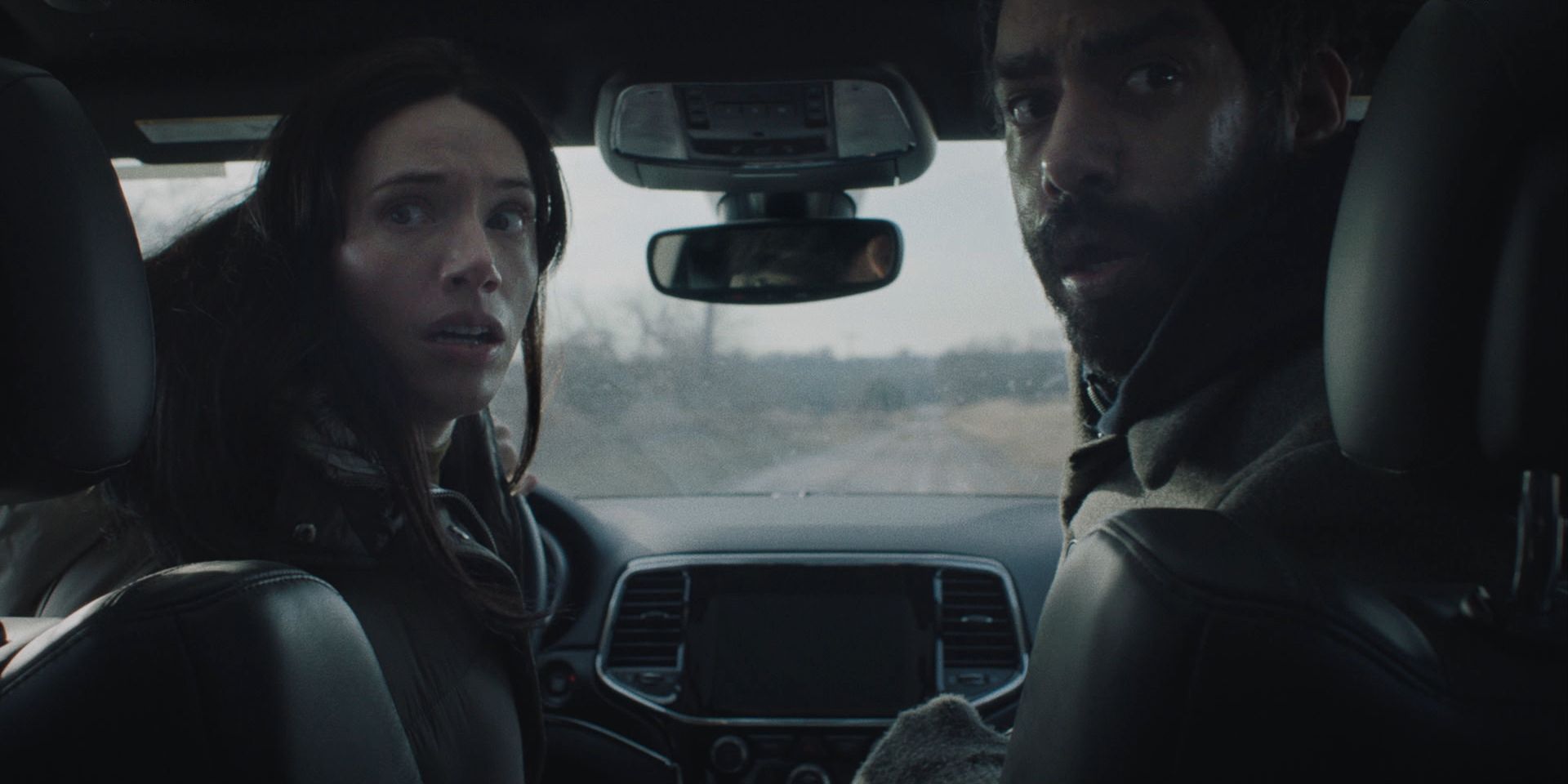
Image via No Traffic for Ghosts
KOHLI: Honestly, it’s not something I haven’t done before.
My earliest job or my big break was Ravi iniZombie.
And then to be fair, Owen inBly Manorwas fairly like that, too, to a certain degree.
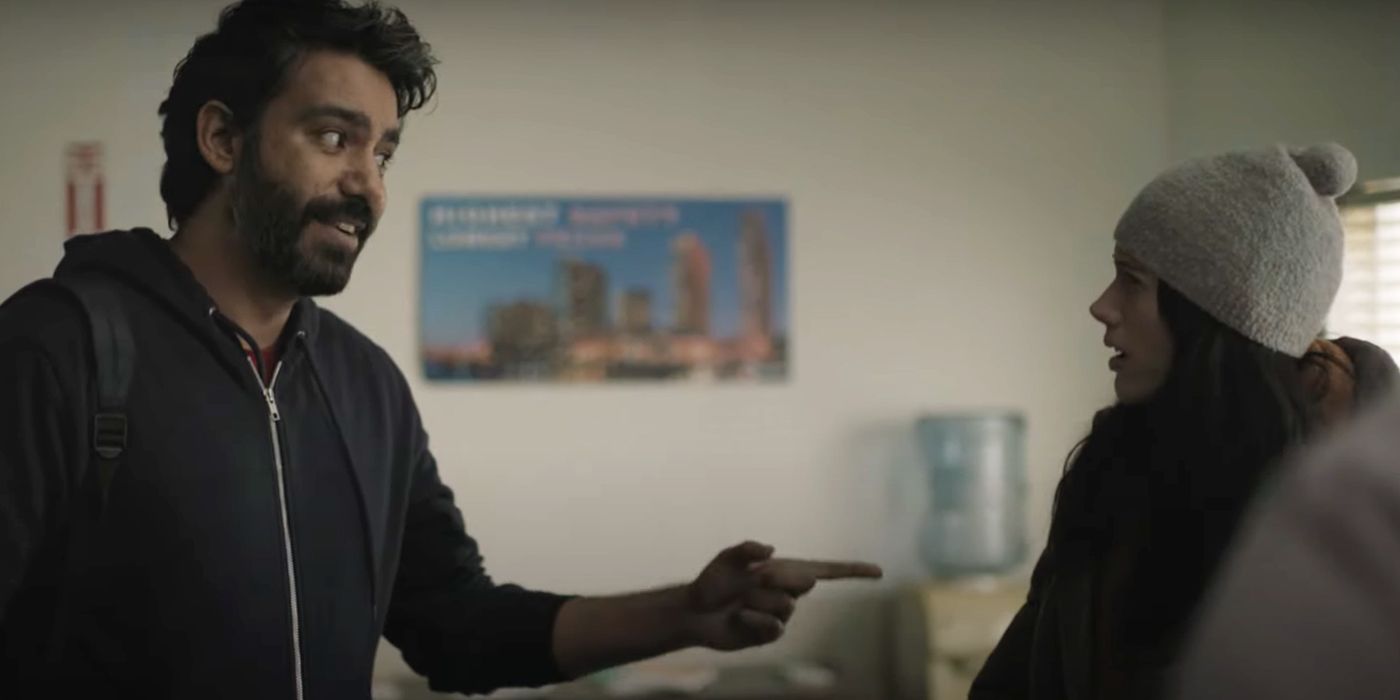
Image via No Traffic for Ghosts
There was more levity than any other character, but also still had to bring it with the tragedy.
So Teddy was a walk in the park.
I don’t know.

Teddy just kind of fits right into that.
And that’s what I think.
And you do it well.

KOHLI: Thank you.
I think it’s a trick.
It’s kind of easier that way to win them on both.
I was so excited to see Rose McIver in this.
I have been a big fan of hers, as well asiZombie.
So what was it like getting to reunite with her on this project for a little bit?
KOHLI: We’re very close.
And when she pulled up, I think I was already outside, so I greeted her first.
It was just like whatever.
And it’s weird, we have all this history.
I think we shake hands in the scene once, and I just go, “Teddy.”
And it’s weird for those two people to only interact that little.
Me and Rose will always champion each other and be available for the other one if she wanted me.
Us three are obviously very tight.
Malcolm’s inThe Fall of the House of Usher, so we’re always looking out for each other.
Big fan of the Mike Flanagan universe.
This is a Mike Flanagan thing rather than aHouse of Usherthing.
And he enjoys from his kind of regulars, now I guess I’m one of those.
And, “I know you’re able to do this.
I’ve seen shades of it,” or, “I know you’re capable of it.”
It was the first time that had happened.
He did that based off working onBly.
The duality of man.
KOHLI: Edgar Allan Poe fan.
Yeah, so I’m very excited to see his take on that entire world of literature.
KOHLI: I was not.
I don’t feel like we ever touched on it.
So it was a bit of a…
So I read my first Poe story in like 2021, so it’s all very new to me.
That makes me excited.
So I’m curious, what are you hoping that audiences take away from this film?
Because I know I came away crying and questioning life.
KOHLI: Yeah, I don’t know.
I just hope they had a good time.
That’s all I was trying to do was…
I know it’s got heavy subject matter, and there are deeper meanings in there.
But for me, I didn’t make that movie.
I didn’t invest too much time in that side of things.
That’s what I took.
I wanted to create this believable friendship; a relationship blossoming that allowed two people to heal.
Maybe there’s something more to it, not to give up on each other, maybe.
That’s a good one.
Does it change things for you?
I feel like it was the opposite for me.
So we started withMidnight Mass.
We were one of the first shows back with the strictest guidelines.
And then I subsequently worked on three more, four more gigs during the height of the pandemic.
And I didn’t find it quiet or intimate.
I found more people.
It sounded like, “Oh, okay.
Well, we’ll isolate you,” but you weren’t.
You were being isolated from the rest of the world, but not from each other.
There felt like there were more checkpoints, more people, more people in your face.
“Here, put your PPE in this box.”
There were more barriers in a way to keep us safe, testing and then multiple testing.
And then there’s a check-in person at the beginning that goes, “Have you shit yourself?
Have you got a temperature?”
And that’s before you’ve stepped out of your car.
I found it incredibly frustrating.
The cast was split up, okay, so it felt more chaotic.
But then we can’t be in the green room reading our lines together.
Why has that happened?
I’m going on a rant here.
You’ve touched on something.
I’m so sorry.
KOHLI: I felt that pre-pandemic, I had more isolation.
There was just freedom, and it felt like I could go anywhere.
Two actors could go and disappear into a corner somewhere and read together quietly.
Or you could sit with the director in a rehearsal quietly, and stuff like that.
And then with the COVID stuff, for me, there were more checkpoints.
There was more inefficiency, which meant there was more chaos to a certain degree.
And we couldn’t… And obviously, this is a 1% privilege rant.
And now I’m like, “Oh, now I’m not sorry, actually.
That sounds horrible.”
KOHLI: I mean, look, it’s nice to work, obviously.
It’s nice to have work.
And we did do that.
And I’m glad we didn’t completely shut down.
At the same time, I think there are still myths about it.
Like I said, there were more people, there wasn’t less.
I didn’t feel like I saw less people because it was COVID.
There were 50 new jobs that were all COVID-related.
That’s not less people, right?
That’s more people.
And so that’s how I interpreted that.
The scenes are smaller.
So it shows in the picture, but it didn’t show outside of that camera for me.
Next Exitis now on DVD and On Demand from Magnolia Home Entertainment under the Magnet Label.